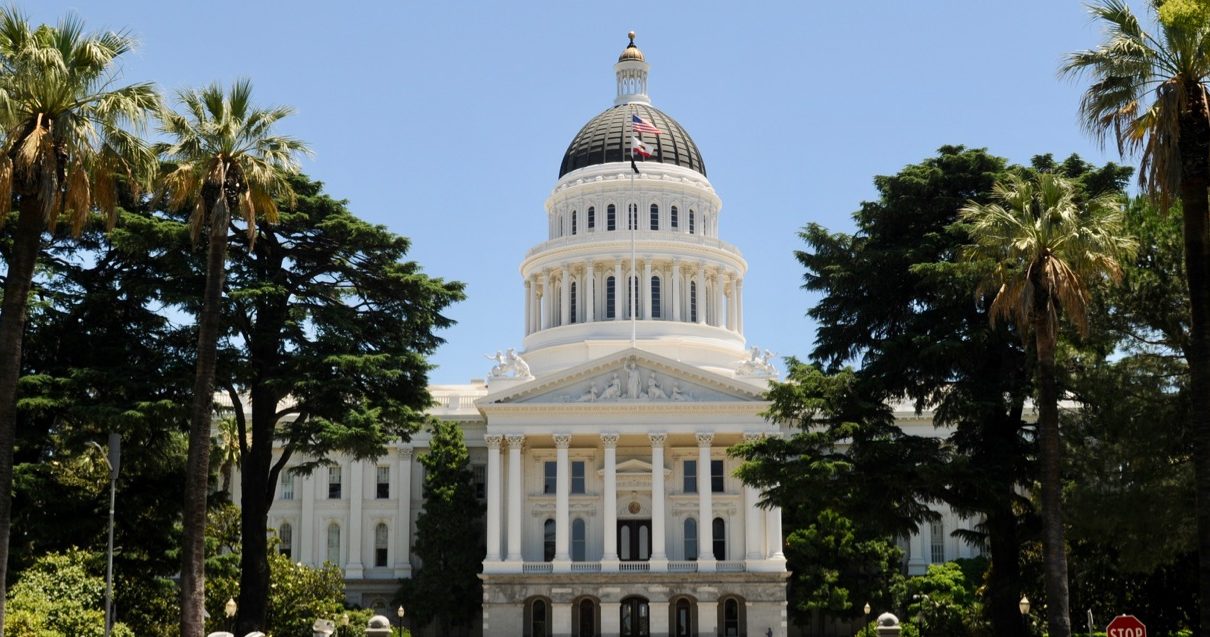
California State Capitol. (Photo: Kevin Sanders for California Globe)
Emergency Hospital Loan Bill Designed To Halt Closures Passed In Assembly, Senate
AB 112 would give a $150 million loan to distressed hospitals
By Evan Symon, May 5, 2023 2:06 pm
Assembly Bill 112, authored by the Assembly Committee on Budget, would create the Distressed Hospital Loan Program as well as the Distressed Hospital Loan Program Fund. Under the program, not-for-profit hospitals and public hospitals facing financial distress or needing to reverse a closure would receive loans to stay open. The Department of Health Care Access and Information would administer the Loan Program, with hospital loan determinations to be made by a collaborated group consisting of the State Department of Health Care Services, the Department of Managed Health Care, and the State Department of Public Health. The program under AB 112 would continue on until January 1, 2032.
The Program Fund, meanwhile, would receive funds from the General Fund as needed to pay the no-interest loans to the hospitals, with the Fund set to end at the end of 2031. Hospitals, meanwhile, would need to send additional financial information to the state on how the hospital is doing after the loan. Under the new program, qualified hospitals would receive a $150 million loan, with the loan to be paid back within six years, although the loans could be forgiven under certain circumstances.
Committee Assembly members, led by Assemblyman Phil Ting (D-San Francisco) authored the bill over the large number of hospitals facing closure because of financial problems, with many of the struggling hospitals located in areas with no other hospital.
While the closure of Madera Community Hospital, the sole hospital in Madera County, earlier this year was used as an example by the committee, several other near closures in El Centro, Montebello, Hawkins and Visalia boosted the emergency aspect.
A California Hospital Association report in April that warned that 20% of California’s more than 400 hospitals were at risk of closing also helped mark the bill as urgent.
“This bill, this money, will keep them open long enough to be able to perhaps sell, regroup, whatever, but they will keep their doors open,” said Senator Bob Archuleta (D-Cerritos) on Thursday.
“This is just a beginning. It’s antiseptic ointment on the cut. We haven’t even started with the Band-Aid,” Senator Anna Caballero (D-Salinas) added.
$150 million loans for struggling hospitals
Despite the urgency, many lawmakers pointed out that specific hospitals, or even a ballpark figure of how many hospitals would receive the $150 million loans, were not provided in AB 112. Also of concern was the lack of access to plans concerning the hospitals, how they would use the funds, and how they would structure themselves to be financially responsible.
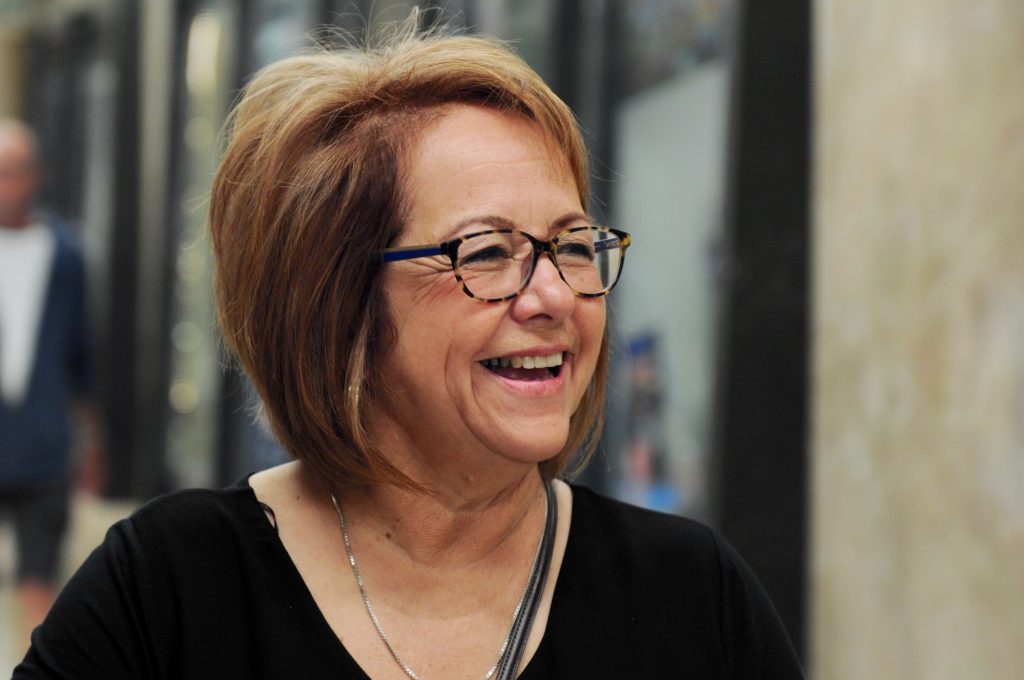
“We don’t know how many hospitals, we don’t know which hospitals,” pressed Senator Maria Elena Durazo (D-Los Angeles) on Thursday. “We don’t know which areas those hospitals are in, we don’t know anything. And now we’re asked to approve $150 million to be doled out without access to plans, without access to the finances that would give us the evidence to feel comfortable with this.”
Experts also told the Globe on Friday that the bill ignored how Medi-Cal and other programs are structured, and didn’t take into account just how many people under Medicaid programs would still be going into the struggling hospitals in the long run.
“We need to know how many people will be going off state and federal programs and back to private insurance,” former Hospital administrator John Muhammed told the Globe on Friday. “The state system has been bloated in recent years due to expansions of who is eligible. A huge killer for hospitals, because of the need going up during the pandemic, was undocumented immigrants being added to the Medi-Cal coverage rolls. It’s not something a lot of lawmakers like to talk about, but that’s what has been doing many of them in.”
Despite all these lingering issues in the bill, AB 112 passed in the Assembly 77-0 and the Senate 38-0 on Thursday, in large part due to the worry that more hospitals will close in vital areas without the loans.
“It was either be passed now or we’ll see more closures making the whole situation even worse,” added Muhammed.
AB 112 is currently awaiting the signature of Governor Gavin Newsom.
- Bill to Require Law Enforcement Disclosure if AI Was Used To Help Write Reports - August 7, 2025
- Gov. Newsom Files FOIA Request To ‘Expose True Cost’ Of L.A. Federal Troop Deployment for Anti-ICE Riots - August 6, 2025
- California Redistricting: How Newsom’s Plan Will Demolish Hard Fought GOP Gains - August 6, 2025


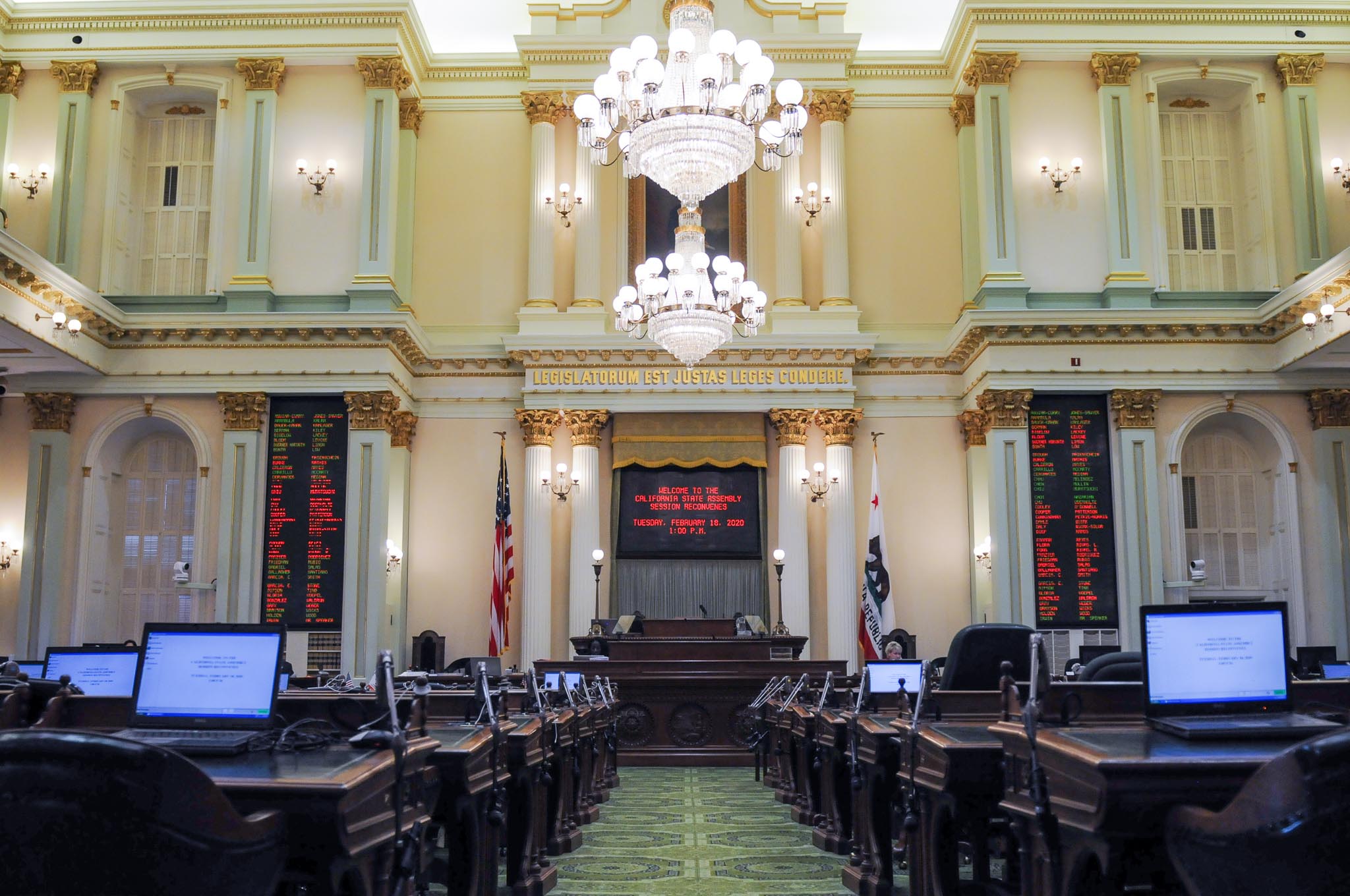
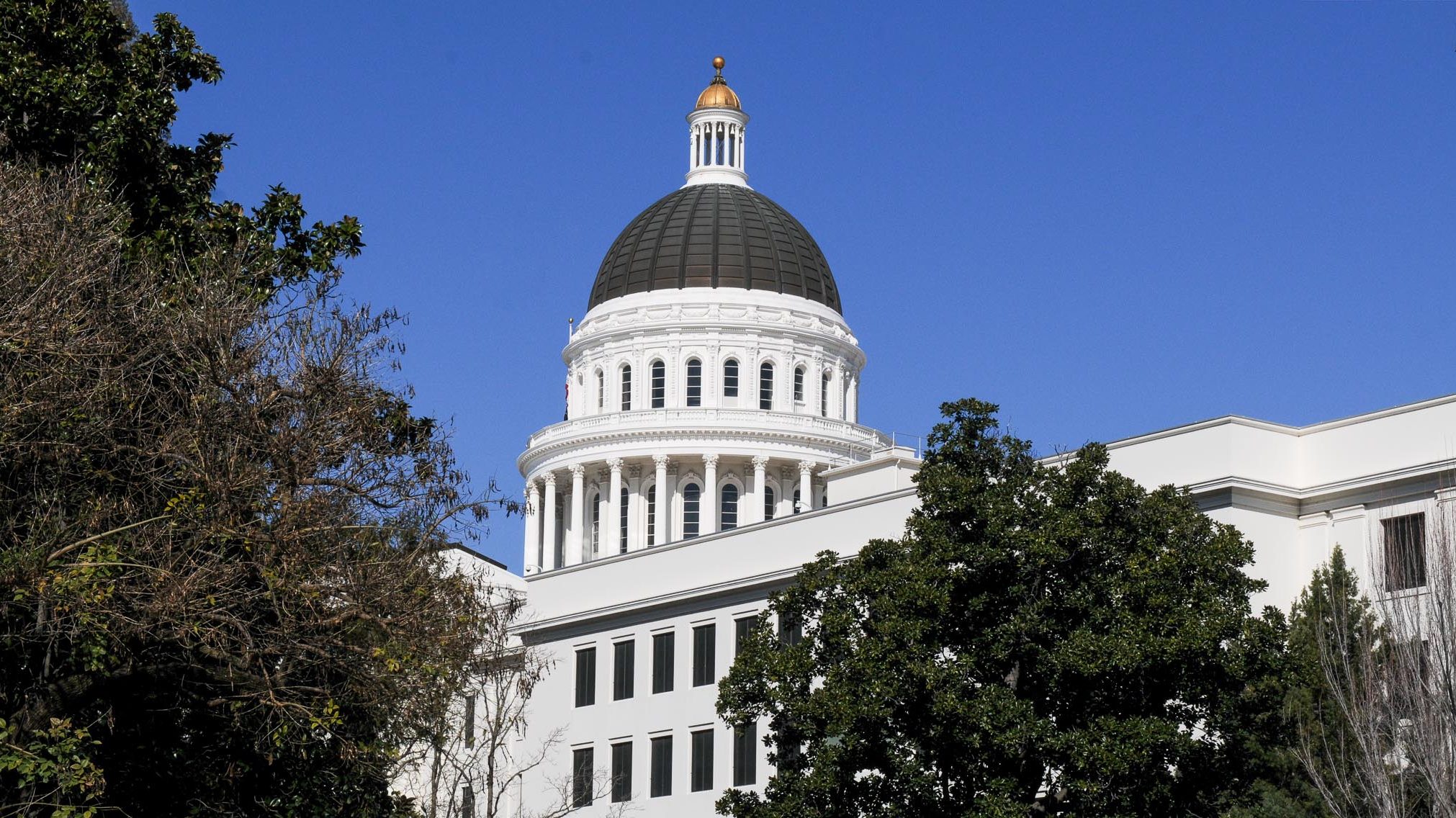
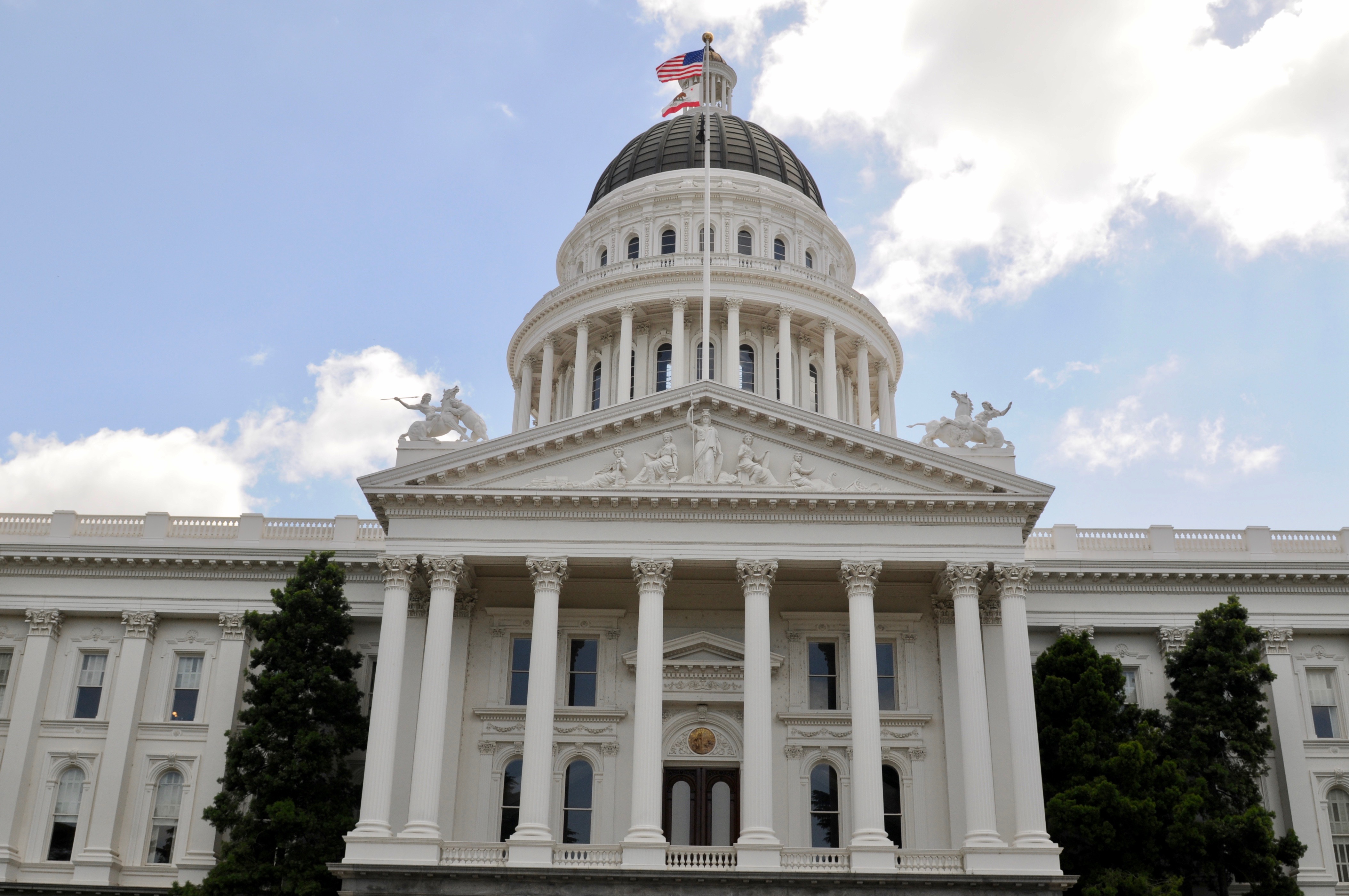
Our local hospital is a complete joke. I went in for a gall bladder and just like you might see in a horror movie the hospital staff came up to me one by one and told me to get up and run. I found out latter they didn’t even have a surgeon on staff and that no hospital in the state would take their transfers. They got a tax increase to fund the hospital and all the money disappeared and they cannot account for it. None the less they then used the scare of the hospital closing to get another tax increase. Now they plan on building another hospital due to state mandates they have known about for 40 years but I seriously doubt they will ever be able to get the financing and if they did they would almost certainly not be able to pay it back because they cannot treat patients due to lack of staff.
What a nightmare, CW —- but glad to hear you made it out alive. And thank you for telling us what’s going on with your local hospital, which is obviously not the only one.